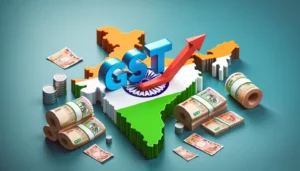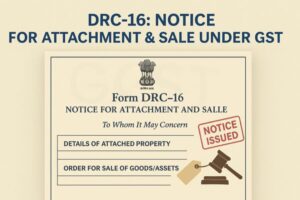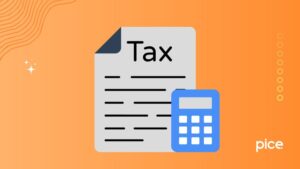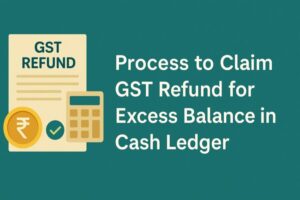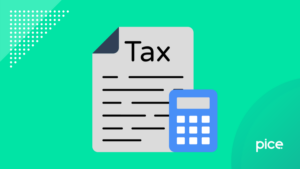What Is Supply Under GST?
- 16 Oct 24
- 10 mins
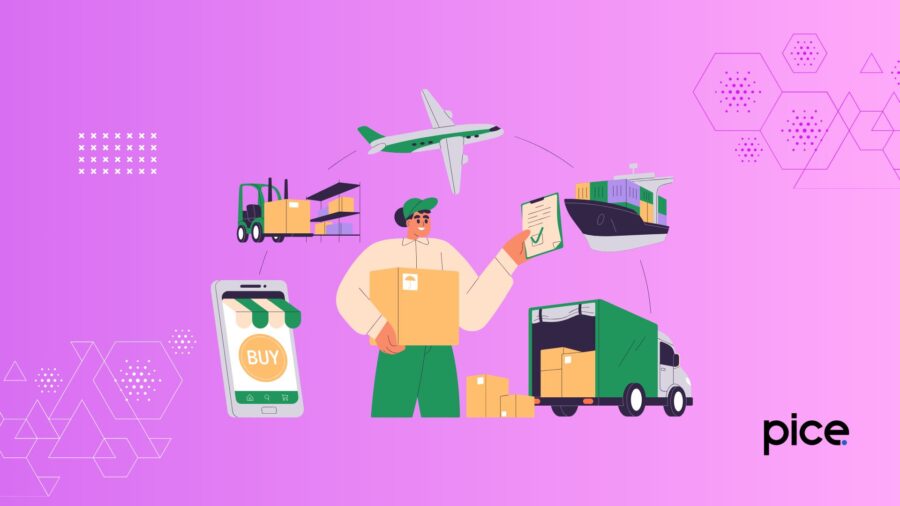
What Is Supply Under GST?
Key Takeaways
- Supply in GST refers to the transfer of goods or services for consideration, within a taxable territory, by a taxable person, in the course of business.
- Types of supply include taxable, zero-rated, nil-rated, exempt, and non-GST supplies.
- Three components of supply—place, value, and time—determine tax liability under GST.
- Schedule I, II, and III outline activities that are considered supply, with or without consideration.
- Composite and mixed supplies are categorized based on the nature of goods and services supplied together.
The concept of what is supply in GST is a common query among registered taxpayers. Not all goods and services transferred or subject to movement are considered supplies under the GST Act. The Act includes certain parameters to define what is supply, presenting clear guidelines for GST-registered taxpayers.
Learn about what is supply in GST, its types and the schedules that define goods and services in this blog. Keep reading to know more!
What Does Supply Mean Under GST?
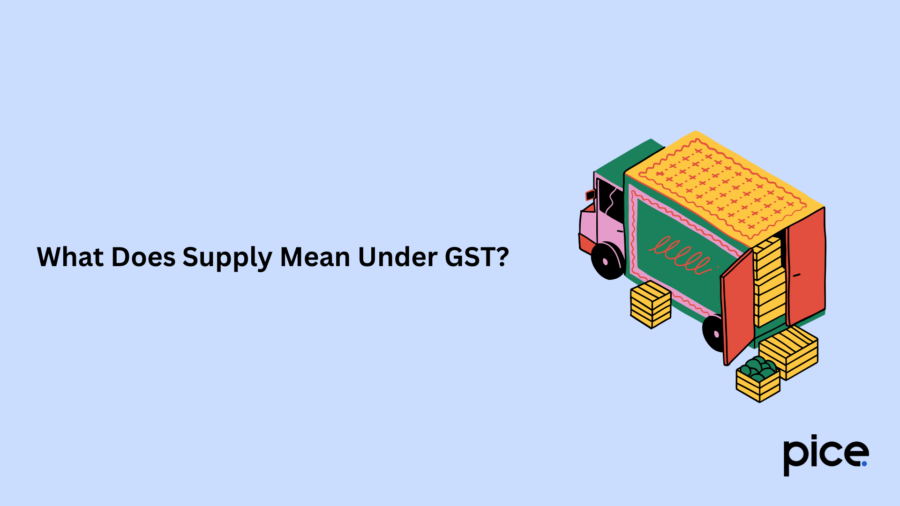
A taxable event under the GST (Goods and Services Tax) regime defines the concept of supply. The government considers an event as a supply when it exhibits the following characteristics:
- There is a supply of goods and services
- The event is taxable
- A taxable person undertakes the activity
- Supply of goods and services should be within a taxable territory
- There needs to be an exchange of cash or a reward for an event
- Furtherance of business will have to be the purpose of the supply
Let us discuss how each of these characteristics is defined under the GST Act.
- Supply of Goods or Services
Supply of goods refers to events where the ownership of the goods is transferred. For instance, if you purchase a car, the ownership of the vehicle will be transferred from the dealer to you, the customer. This is an example of a supply of goods.
On the other hand, if you avail a service such as transportation service, no goods are transferred. However, the ownership of the service is transferred to the customer. Thus, it is an example of a supply of services.
- Supply Should Be Taxable
The GST Act classifies goods and services based on taxability. Goods or services can either be taxable or exempt from taxes. Taxable supplies are goods and services that attract GST under the Act.
- Supply Should Be Made by a Taxable Person
A taxable person is a GST-registered person liable to pay indirect taxes, like GST, for the supply of goods and services. The GST Act does not consider the transfer of goods and services between two non-taxable people as a supply. As a result, a person needs to be registered or voluntarily registered to be a taxable person under GST.
When a person undertakes business activities in multiple states in India or multiple business verticals, he/she has to register separately for each state or vertical. The entities are separate taxable persons under the GST regulations.
- Supply Should Be Made Within a Taxable Territory
Excluding Jammu and Kashmir, all places in India are taxable territories. Thus, the movement of goods inter-state, intra-state or between states and union territories are considered supplies within taxable territories in India.
- Supply Should Be Made in Exchange for Consideration
The government defines consideration as barter of goods and services or supply of goods and services in exchange for cash or kind. A prepayment for supply is further included in consideration.
Here are the activities treated as supply under the CGST (Central GST) Act even for supply without consideration:
- Permanent transfers of business assets for which it availed input tax credit
- Supply of goods and services between two related or separate persons for business
- Supply of goods and services by agents on the supplier or customers' behalf
- Import of services by a taxable person from a related person or his/her own business outside India for business purposes
- Supply Should Be Made in the Course of Business or in the Interest of Growing a Business
Transfer of goods and services for non-business purposes or personal consumption is not considered as supply under the GST Act. Thus, the supply of goods or services needs to be for business purposes mandatorily under the GST system.
What Are the Three Components of Supply Under GST?
The three components of supply under GST that determine the tax liability are as follows:
- Place of Supply: Place of supply determines whether an event is an inter-state supply, intra-state supply or external trade. Based on the place of supply, the GST rates apply for the concerned goods and services.
- Value of Supply: Value of supply indicates the taxable value of goods and services supplied. As a result, it determines the amount of tax paid for the supply of such goods and services.
- Time of Supply: The time of supply will determine the time when GST returns and taxes are due. It helps taxpayers understand the right time for payment of GST returns and taxes to avoid fines and penalties.
Activities Under Schedule I, II and III
There are 3 schedules that specify the activities considered as supply under GST. Take a look:
- Schedule I of Supply Under GST
Here is the list of activities in Schedule I:
- Permanent transfer or disposal of business assets
- Supply of goods and services between a distinct person or related persons under Section 25
- Principal supplies goods to agents where agents undertake supplies on the principal's behalf
- Agents supplying goods to the Principal on behalf of customers and receipt of payment by agents
- A taxable person importing services either from his/her establishment outside the country or a related person
- Schedule II of Supply Under GST
Schedule II segregates activities as supply of goods and supply of services as follows:
Supply of Goods:
- Transfer of title in goods
- A transfer of title provided the property in goods needs to pass at a future date on payment of full consideration
- Goods that are part of business assets, transferred or disposed of under the direction of the business owner
- Deemed supply of goods when a person ceases to be a taxable person
- Transfer of business to another person
- Business is undertaken by a personal representative who is a deemed taxable person
- Supply of goods from an unincorporated association to its members for cash, deferred payment and other consideration
Supply of Services:
- Transfer of right or share in goods without the transfer of title
- Lease, rent, tenancy, licence of land and building for business purposes
- Treatment of a person’s goods
- Transfer of business assets for personal use
- Renting immovable property
- Construction of a building
- Temporary transfer
- Development of IT services
- Refraining from an act
- Transfer of right to allow using goods for any purpose
- Composite supply
- Supply of goods by an unincorporated AOP or BOP for consideration
- Schedule III of Supply Under GST
The following are the activities under Schedule III:
- Services provided by employees to employers
- A person undertaking duties of a chairperson or a member or director of a government entity
- Functions that members of parliament, State Legislature, Panchayats, municipalities and other local bodies undertake
- Duties undertaken by a person holding any designation under constitutional provisions
- Funeral, crematorium, burial, mortuary and transporting a deceased
- Sale of land
- Actionable claims besides lottery, gambling, betting
- Sale of building subject to clause of paragraph 5 of Schedule II
Types of Supply Under GST
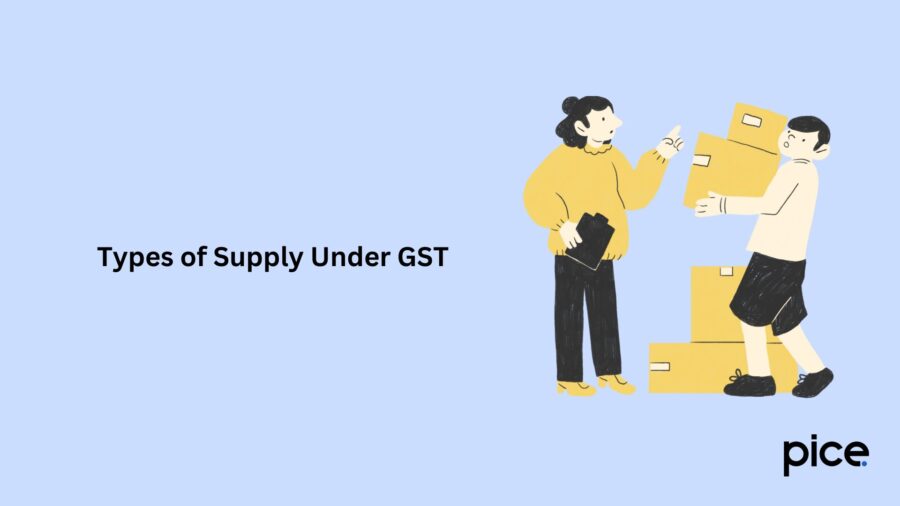
Supplies under the GST regulations are broadly categorised into taxable and non-taxable supplies. These are further categorised based on the nature of supply made as follows:
Taxable Supplies: The supply of goods and services that are taxable under GST are classified in this category. A registered taxpayer can claim input tax credits or refunds on tax paid on these goods and services.
The major categories of taxable supplies are here:
- Regular Taxable Supplies: The supply of goods and services attracting more than 0% GST is referred to as regular taxable supplies. However, the applicable tax rates for these goods and services vary based on the nature of the goods and services.
- Nil-rated Supplies: The supply of goods and services that attract 0% GST is termed nil-rated supply.
- Zero-rated Supplies: When you export goods and services or supply them to Special Economic Zone units, the GST rate applicable becomes 0. However, the sale of the same goods and services in India will attract a GST rate of more than 0%. This category of supply is known as GST zero-rated supply.
Non-taxable Supplies: Goods and services that do not attract taxes on supply are non-taxable supplies. Here are the categories of non-taxable supplies:
- Exempt Supplies: As the supply of exempt goods and services does not attract GST under the GST Act, taxpayers cannot claim input tax credit (ITC) for such supplies.
- Non-GST Supplies: Supply of goods and services not included in the GST regulations are non-GST supplies.
Supplies Where There Are More Than One Goods and/or Services Involved
The supply of items can either be a single supply or in bundles. In case the supply of goods or services is in bundles, they can be categorised in the following way:
Composite Supply:
When there is a supply of a natural bundle of goods and services, it is termed a composite supply. In other words, goods and services ideal for selling together are composite supplies.
Mixed Supply:
The supply of goods and services together in a bundle is a mixed supply when the goods or services can be sold individually. In other words, goods or services not interdependent; however, sold together are referred to as mixed supplies.
Conclusion
We started with what is supply in GST and have now arrived at a clear understanding that benefits all GST-registered taxpayers. Even non-taxable persons can gain from understanding the scope of supply in GST. With this understanding, you can transfer or supply goods and services in accordance with the definition to claim input tax credit and reduce output tax liability.
💡If you want to streamline your payment and make GST payments, consider using the PICE App. Explore the PICE App today and take your business to new heights.
 By
By 





